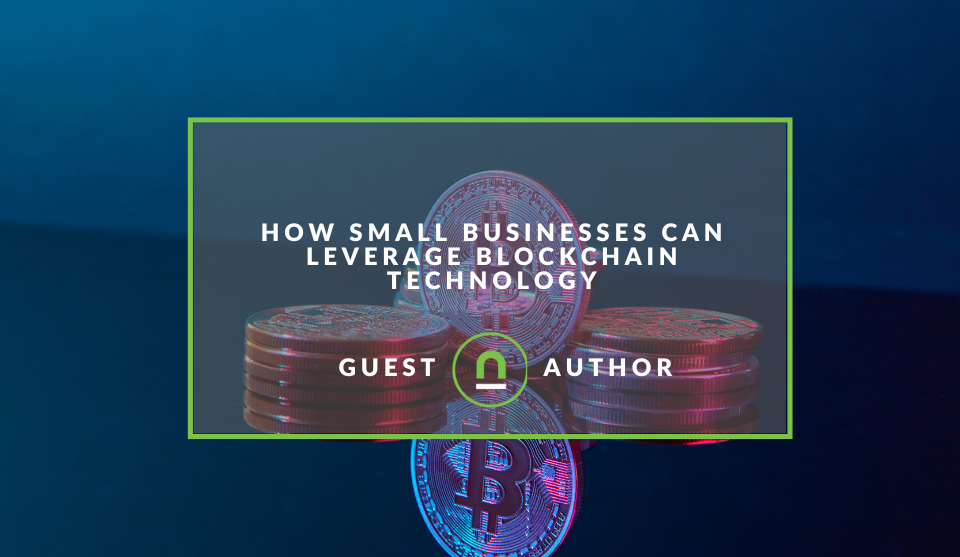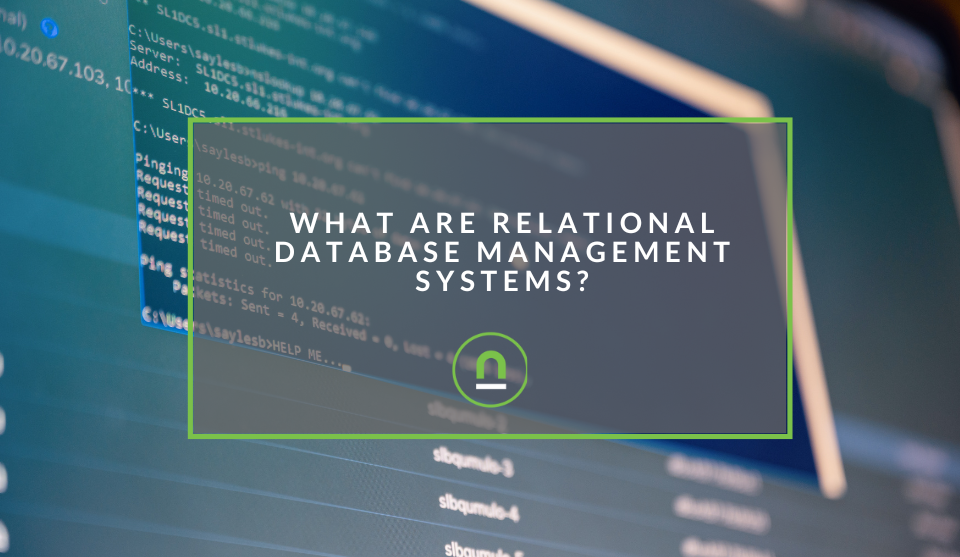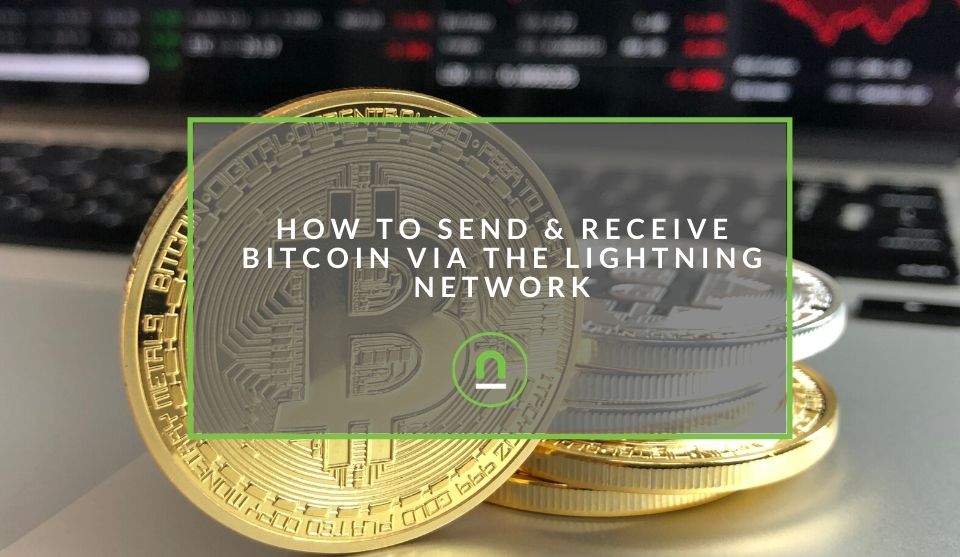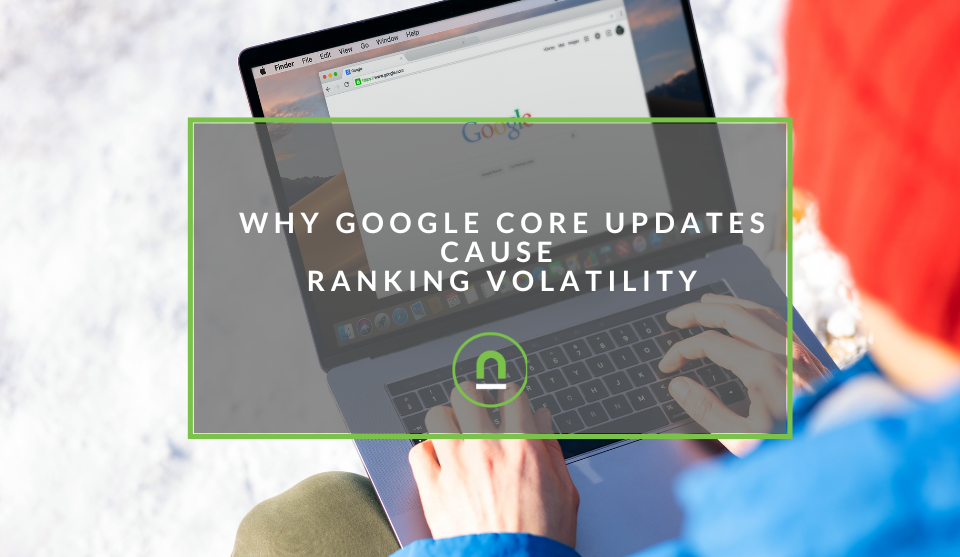Recent posts

Money Talks
How Small Businesses Can Leverage Blockchain Technology
02 April 2025

Industry Experts
Mastering Personalization in Digital Marketing
31 March 2025

Money Talks
The Role of Customer Service in Selecting a Forex Broker
29 March 2025

nichemarket Advice
What Are Relational Database Management Systems?
28 March 2025
Popular posts
Extravaganza
Trending Music Hashtags To Get Your Posts Noticed
24 August 2018
Geek Chic
How To Fix iPhone/iPad Only Charging In Certain Positions
05 July 2020
Extravaganza
Trending Wedding Hashtags To Get Your Posts Noticed
18 September 2018
Money Talks
How To Find Coupons & Vouchers Online In South Africa
28 March 2019
How To Send & Receive Bitcoin Via The Lightning Network
06 May 2020 | 12 comments | Posted by Che Kohler in Money Talks
The Bitcoin halving is creating a real buzz as Bitcoin hodlers expect the next bull run. One of the issues with the increase in price is the increase in transaction fees with the Bitcoin network cost peaking at $55 per transaction in the previous bull run of 2017. As transactions fill the Bitcoins mempool at a frantic rate, the only way to speed up your transaction is to incentives the miner, which drives up transaction costs and can turn into a bidding war and freeze cheaper transactions.
These costs made it impractical for many users to want to transfer payments on the network and this posed a serious scalability issue which needed to be addressed.
One of the proposed solutions was the lightning network, a decentralised side-chain/second layer solution which has been one of the most anticipated features currently in active development.
The Lightning Network (LN) has different wallets and wallet address but function as a regular Bitcoin wallet with a capability to open an LN payment channel on the first layer Bitcoin network. Currently, LN wallets are not very user friendly, possibly since the Lightning Network is still in its early stages of public testing so be sure never to hold BTC on it for the long term or hold too much BTC in a lightning wallet.
How the Lightning Network works
The Lightning Network is a decentralised network using smart contract functionality in the blockchain to enable instant and affordable payments across a network of participants. The Lightning Network is dependent upon the underlying Bitcoin blockchain to secure transaction data once payment channels are closed, and Bitcoin is removed from this Layer 2. By using real Bitcoin/blockchain transactions and using its native smart-contract scripting language, it is possible to create a secure network of participants to transact at high volume and high speed.The function of the Lightning Network
The function of the Lightning Network is to create a complementary chain where multiple payment channels exist. LN operations use smart contracts to create transfers between wallets via the help of nodes. The network finds the most efficient path between nodes and wallets to get transactions to wallets as fast and as cheap as possible.
Bidirectional payment channels
Two participants create a ledger entry on the blockchain, which requires both participants to sign off on any spending of funds. Both parties create transactions which refund the ledger entry to their individual allocation but do not broadcast them to the blockchain. They can update their individual allocations for the ledger entry by creating many transactions spending from the current ledger entry output. Only the most recent version is valid, which is enforced by blockchain-parsable smart-contract scripting. This entry can be closed out at any time by either party without any trust or custodianship by broadcasting the most recent version to the blockchain.Lightning Network
By creating a network of these two-party ledger entries, it is possible to find a path across the network similar to routing packets on the internet. The nodes along the path are not trusted, as the payment is enforced using a script which enforces the atomicity (either the entire payment succeeds or fails) via decrementing time-locks.Blockchain as arbiter
As a result, it is possible to conduct transactions off-blockchain without limitations. Transactions can be made off-chain with confidence of on-blockchain enforceability. This is similar to how one makes many legal contracts with others, but one does not go to court every time a contract is made. By making the transactions and scripts parsable, the smart-contract can be enforced on-blockchain. Only in the event of non-cooperation is the court involved – but with the blockchain, the result is deterministic.Benefits of the lightning network
The lightning networks mesh network brings several benefits to the main chain and allows for better load balancing and facilitate easier day to day transfers. It's said that the lightning network brings bitcoin transfers up to speeds of credit cards and transfer costs are at the satoshi level.
Instant payments
Lightning-fast blockchain payments without worrying about block confirmation times. Security is enforced by blockchain smart-contracts without creating an on-blockchain transaction for individual payments. Payment speed measured in milliseconds to seconds.Scalability
Capable of millions to billions of transactions per second across the network. Capacity blows away legacy payment rails by many orders of magnitude. Attaching payment per action/click is now possible without custodians.Cost
By transacting and settling off-blockchain, the Lightning Network allows for exceptionally low fees, which allows for emerging use cases such as instant micropayments.Cross Blockchains
Cross-chain atomic swaps can occur off-chain instantly with heterogeneous blockchain consensus rules. So long as the chains can support the same cryptographic hash function, it is possible to make transactions across blockchains without trust in 3rd party custodians.Lightning network wallets
Lightning network-compatible wallets can handle both on-chain and LN chain transactions, and you have the ability to switch between the two, but remember on-chain transactions whether sent or received will require minter confirmation and you will have to pay the higher transaction costs.
LN wallets have their own unique addresses which differ from Bitcoins standard addresses, or it's SegWit addresses. So be sure that you're using the correct address to send and receive your Bitcoin.
There are now over 30 different lightning network compatible wallets; some are open-source some are private projects, some are custodial while others are non-custodial and there is no outright winner in the space yet, so you'll have to pick the one that suits your needs best.
You can find a complete list of lightning wallets here.
Transacting via the Lightning Network
Once you've installed a Lightning Network compatible wallet, it should have both an on-chain Bitcoin wallet and an LN wallet. You can fill your wallet using the standard Bitcoin via a regular alphanumeric address. Once the Bitcoin is confirmed on-chain in your wallet, you can then start to exchange it on the Lightning Network with other LN addresses.
If you want to shut down your payment channel you can always transfer your BTC back into a non-custodial hot wallet or cold storage address
Quick but not so easy
A path to scalability for Bitcoin will not be easy. Still, it seems as if the open-source community won't give up on the dream that easy, as we've seen with SegWit and SegWit Bech32 reducing cost by 30% already and the lightning network trying to facilitate more considerable scaling.
Transactions may be fast, but it does add a new layer of complexity for the end-user. When we take into consideration lack of education and broader wallet and exchange integration, it's going to take some time for the lightning network to become a substantial part of Bitcoin transaction volume.
We'd love to hear from the lightning network community
Have you made a lightning network transaction before? How did it work out for you? Which wallet option is your favourite? Let us know in the comments section down below.Contact us
If you would like to know more about digital assets or would like to market your digital asset company or how to set it up for your business, then don’t be shy we’re happy to assist. Simply contact us
Are you looking to promote your business?
South African finance business owners can create your free business listing on nichemarket. The more information you provide about your business, the easier it will be for your customers to find you online. Registering with nichemarket is easy; all you will need to do is head over to our sign up form and follow the instructions.
If you require a more detailed guide on how to create your profile or your listing, then we highly recommend you check out the following articles.
Recommended reading
If you enjoyed this post and have a little extra time to dive deeper down the rabbit hole, why not check out the following posts on cryptocurrency and blockchain.
- Why Blockchain and Cryptocurrency Is The Future Of Money
- 24 Ways To Earn Cryptocurrency
- How To Pay Tax On Cryptocurrency In South Africa
- How To Buy Bitcoin In South Africa
- Why Does Your Bitcoin Wallet Address Keep Changing?
- How To Make A Private Bitcoin Transaction
Disclaimer: This article should not be taken as, and is not intended to provide any investment advice and is for educational purposes only. As of the time posting the writers may or may not have holdings in some of the coins or tokens they cover. Please conduct your own thorough research before investing in any cryptocurrency as all investments contain risk.
You might also like
Why Google Core Updates Cause Ranking Volatility
14 March 2025
Posted by Che Kohler in nichemarket Advice
Google core updates shake up search rankings. Learn why these broad algorithm changes cause volatility, impacting websites globally and what to do ab...
Read moreMastering Personalization in Digital Marketing
31 March 2025
Posted by Željka Ristic in Industry Experts
We look at the best content marketing tools to boost engagement and growth and build sustainable marketing campaigns that drive users to take action
Read more{{comment.sUserName}}
{{comment.iDayLastEdit}} day ago
{{comment.iDayLastEdit}} days ago
 {{blogcategory.sCategoryName}}
{{blogcategory.sCategoryName}}

